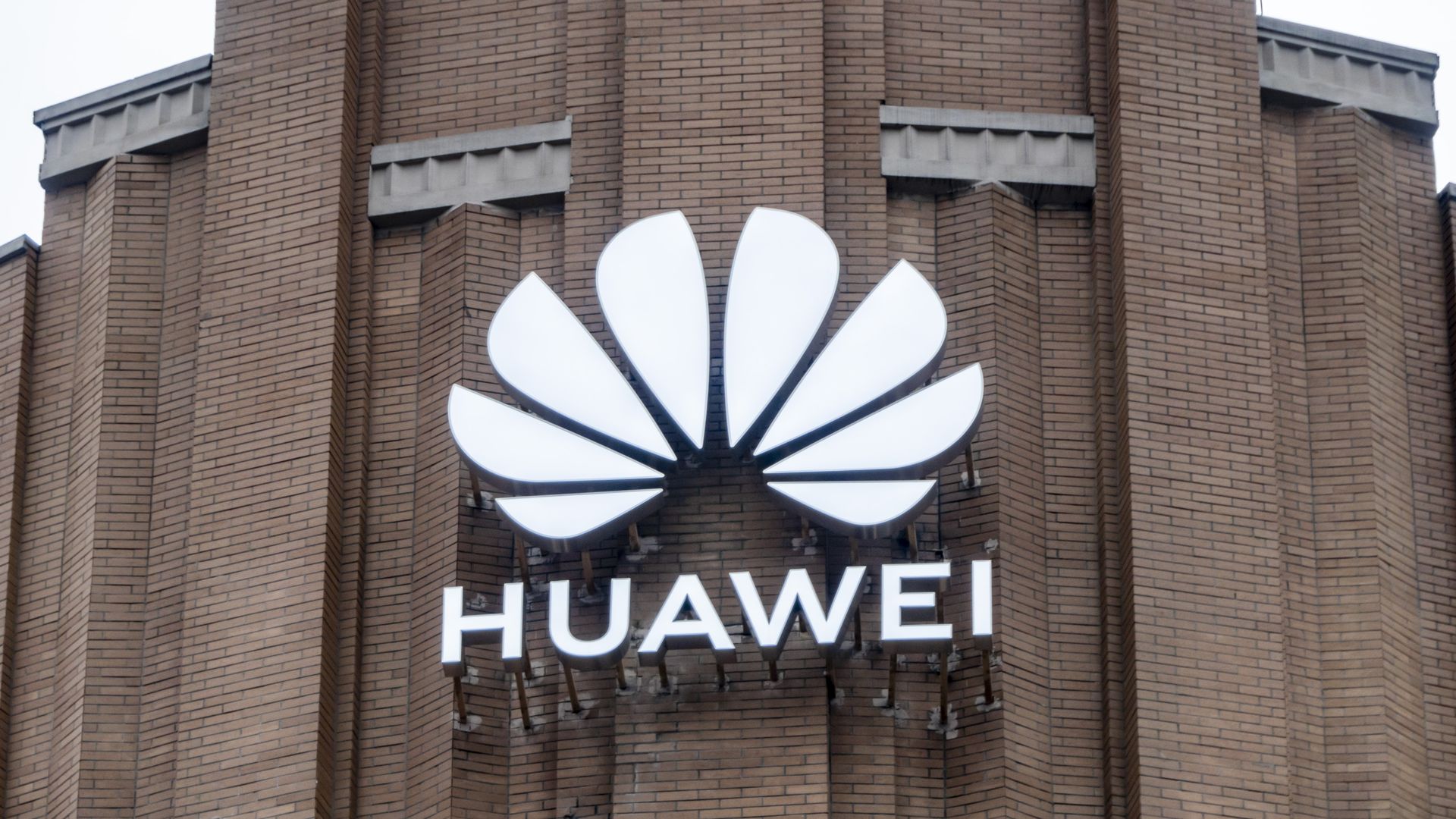
Photo: Costfoto/Barcroft Media via Getty Images
The Federal Communications Commission on Tuesday officially deemed Huawei and ZTE national security threats, barring U.S. providers from using federal subsidies to buy equipment or services from the telecom suppliers.
Why it matters: The FCC finalizing the designation is the latest step in an escalating fight between the U.S. and China over the security of the Chinese firms.
Details: The FCC in November approved a ban on using money from the $8.3 billion Universal Service Fund for services or equipment from telecom companies deemed a national security threat.
- The agency at the time identified Huawei and ZTE as being such companies, citing ties to the Chinese Communist Party and Chinese law that would force them to cooperate with Beijing's espionage efforts.
- Tuesday's action makes that designation final, following a period in which the companies were given time to try to make the case that they're not in fact threats.
What they're saying: "We cannot and will not allow the Chinese Communist Party to exploit network vulnerabilities and compromise our critical communications infrastructure," FCC Chairman Ajit Pai said in a statement.
- "Today’s action will also protect the FCC’s Universal Service Fund — money that comes from fees paid by American consumers and businesses on their phone bills — from being used to underwrite these suppliers, which threaten our national security," Pai continued.
- Spokespeople for Huawei and ZTE did not immediately respond to requests for comment.
The big picture: The Trump administration has been embarked on a global push to edge Huawei and ZTE out of next-generation telecom networks. The effort has seen mixed results, though India is now reportedly considering blocking them from its 5G networks.
